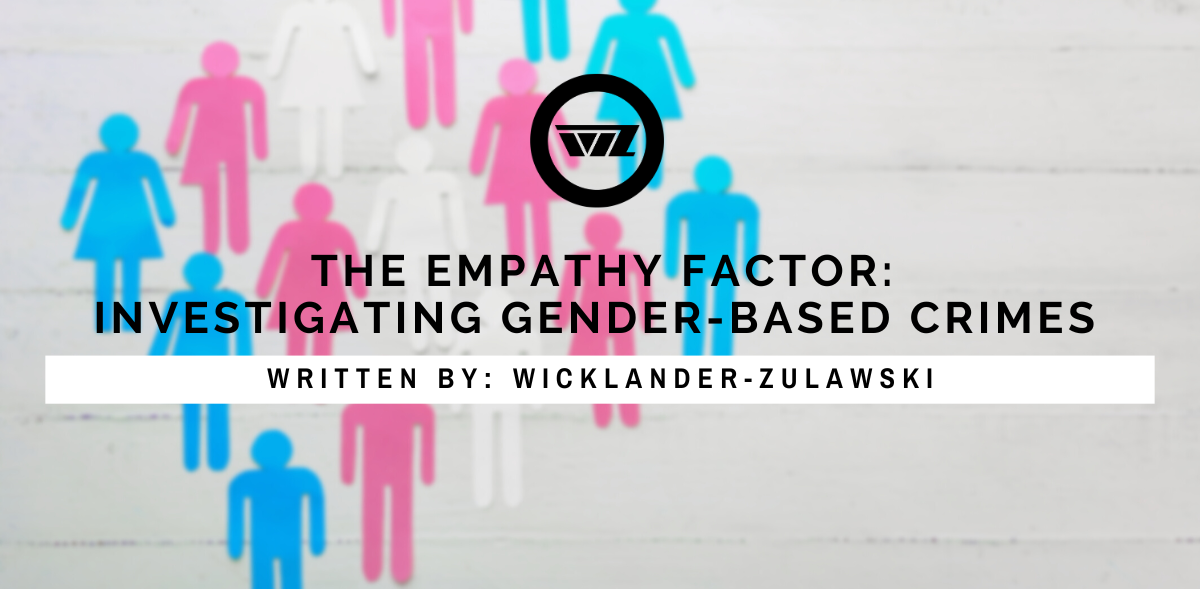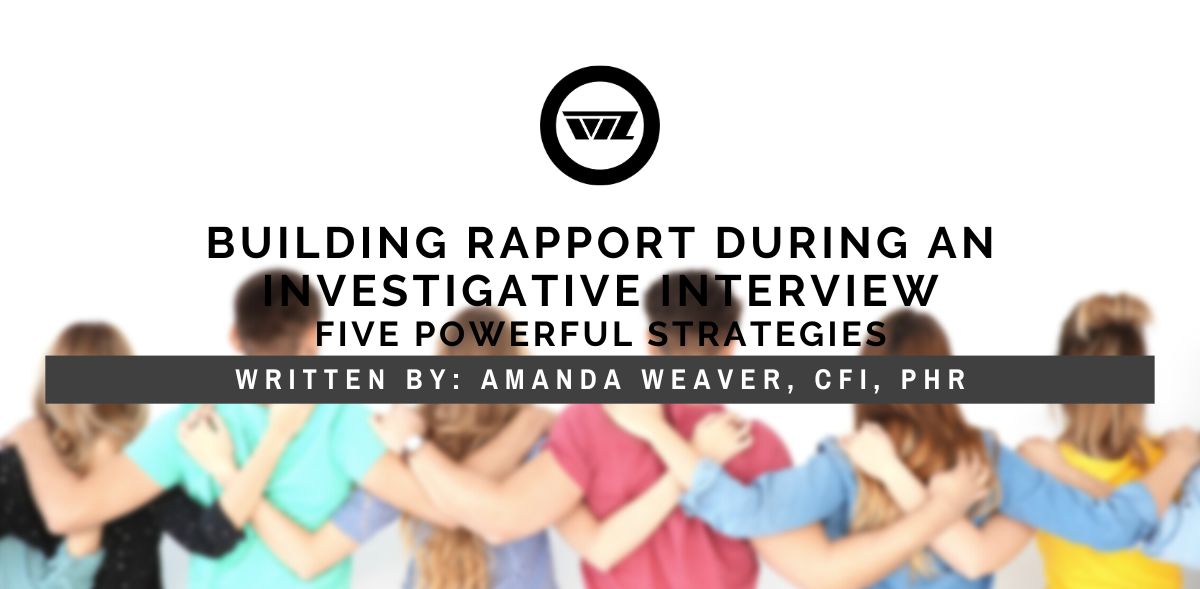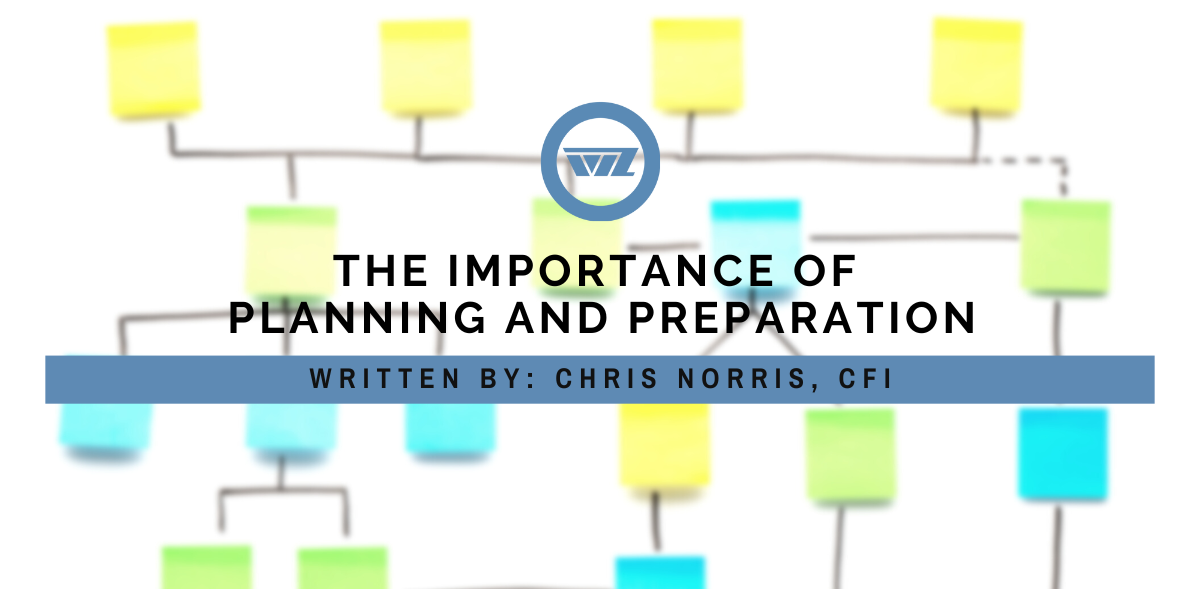In our recent training session, “Isn’t in Obvious? The Truth in ‘He Said, She Said’ Investigations” hosted by our friends at HRCI – we discussed the importance of the investigative interview in identifying the truth. With a few thousand HR Professionals attending our session, we didn’t get the chance to answer all of the questions that came in. We’ve compiled the top questions submitted and provided some insight below. If you have further questions or want to discuss these investigations you can connect with Dave Thompson, CFI at dthompson@w-z.com.
What are the best techniques for phone interviews when you can’t read body language?
It seems that remote interviewing is becoming a more widely accepted practice with the increased availability of technology as well as the reduction of staff that now are responsible for large geographic areas. There are several key strategies when conducting an interview over the phone, many of which are advantageous to the interviewer. For example, there is no limit to the amount or type or resources available to the interviewer during the conversation. Additionally, although some may consider it more difficult that they can’t see their subject, this could also be an advantage. Interviewers do not have to worry about note-taking, facial reactions or their own body language that may interrupt the conversation. Since “detecting deception” is a near impossibility based off of non-verbal behavior, the interviewer shouldn’t be concerned about the lack of those indicators in a phone interview. One of the most important keys for a phone interview is to keep the subject engaged in the conversation. A one-sided monologue will create distance, increase resistance and make it difficult to establish rapport over the phone.
Can you give some tips for taking notes?
An important part of the investigative interview is being able to ask open-ended questions, allowing the subject to provide an uninterrupted answer. This requires the interviewer to be patient, while being an active-listener, prior to asking follow-up questions. One option for note-taking is the use of another interviewer or witness as the “note-taker”. This becomes their primary responsibility within the interview, allowing the primary interviewer to focus on developing rapport and showing sincerity in the conversation. If this isn’t an option, the interviewer can take notes themselves. This should be conveyed to the subject as part of the instructions at the onset of the interviewer, letting them know that the interviewer is going to take notes to ensure they don’t forget anything and preserve all the details with accuracy. Notes should contain all relevant details, especially using quotes around any specific descriptive words used by the subject (aggressive, struck, drunk, hostile, etc.)
How do you answer the questions of “Who will be told?
This is a question that normally precedes a disclosure of additional information from the interviewee. The question may also be asked occasionally after any “admissions” are made. An interviewer’s response to this inquiry could have a major impact on the subject’s willingness to discuss their concerns. Most importantly, any direction provided by specific company procedure or guidance from legal counsel should be followed when answering this question. In general, the subject is informing you of their fears, which could be retaliation, embarrassment or shame. I recommend being truthful with the subject, but not being too specific which may result in increased fear. For example, an answer of “we have to inform our legal counsel, HR business partners and your supervisor” immediately results in increased fears of embarrassment, termination or other repercussions. The interviewee should be informed that the information will be kept on a “need to know” basis meaning we will only share the information with those involved in the investigation, without having to name specific departments. We will do our best to protect the confidentiality of the conversation, and to protect the reputation of everyone involved.
How do you present having the interviewee tell their story in reverse order?
This strategy is designed to increase the cognitive load of the subject, making it more difficult to lie and also increases the likelihood of remembering additional details from the truthful subject. However, when asking the subject to tell the story “again”, but in reverse order, it may appear that the interviewer does not believe the subject. This could be damaging to the established rapport and level of confidence the subject has in the investigator. It’s important to give instructions early in the interview to dismiss this fear
“I will be asking about the event in several different ways; this does not mean I don’t believe you. Rather, I am trying to help you remember details and sometimes looking at things from a different perspective helps. For example, if I ever misplace my keys, the first thing I do is retrace my steps to try to remember where I put them”
Do you ever ask them to write it in their own words, or provide a statement, after the interview?
Yes, almost always. There are several benefits to having the subject record their statement in their own words. Often, the complainant may provide further details or more specific explanations in the statement if they were uncomfortable discussing verbally. This platform gives them the opportunity to disclose more information while minimizing any perceived embarrassment. This also provides the interviewer the opportunity to review their notes, while verifying any inconsistencies between what they’ve transcribed and what the subject is documenting within their statement. Another benefit to having the subject write their statement is by preserving their story at the time of the interview. Whether their statement is true or contains elements of deception, this statement provides a documented version of their story at the time of the interview which may serve as evidence and a supplemental record in the investigation report. To ensure the statement is accurate, it’s important the subject is able to write it using their own words, grammar and spelling without any contamination by the interviewer.
How many interviewers should there be for one interviewee?
Typically, we will have one primary interviewer conducting the conversation with a note-taker or witness in the room to transcribe the conversation and other logistical details. There are times where a second interviewer may be appropriate and also serves as a note-taker, but there are some cautions I would be aware of. First, ensure the room is set up in a way that clearly shows who the primary interviewer is (we set our chairs up about 4 feet apart without any desk or barrier in between us). Without blocking the exit, the second interviewer should be positioned slightly off to the side and behind the subject, so that they don’t feel that this is a “2 vs 1” situation. Secondly, the subject should be introduced to both interviewers in the room, but letting them know who is there to lead the conversation and that the other interviewer is there to ensure accurate notes are taken. Lastly, there may be a time that the second interviewer becomes the primary because of a variety of reasons; breakdown of rapport, subject matter expertise, etc. This transition of leadership in the room should be a clear hand-off, rather than two interviewers both trying to ask questions. A simple statement such as “Dave, did you have anything further you wanted to ask Cameron?” will indicate to both the subject and secondary interviewer that they are now in charge of the conversation.
David Thompson, CFI, is the President of Wicklander-Zulawski & Associates, Inc. (WZ). He is responsible for the day-to-day operations of WZ, as well as strategic planning and the evolution of interview and interrogation content. David has also served as the Director of Investigations giving him the opportunity to manage a variety of cases while conducting interviews and consulting on investigations ranging from theft and fraud to sexual harassment and homicide. As a speaker for WZ, David has created customized training programs, presented at seminars, hosted a variety of webinars as well as conducted live broadcasts of training.




